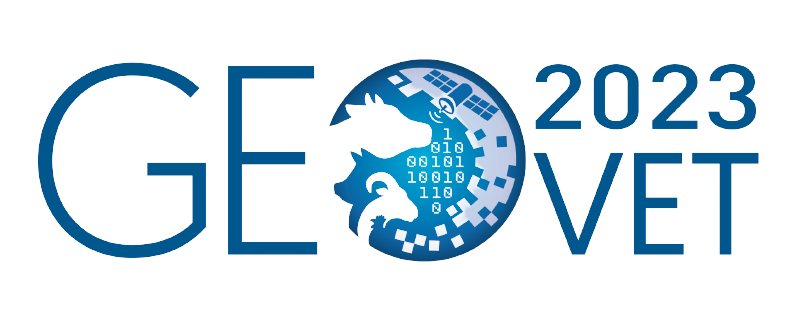Abstract
Extreme climatic events, environmental degradation, unplanned urbanization, and socio-economic inequalities exacerbate the risk of infectious disease emergence, spread and transmission. For example, mosquito-borne diseases, such as dengue and malaria, are highly sensitive to climate variability and climate change. A warming climate can lengthen the transmission season and alter the geographical range, potentially bringing diseases to regions which lack either population immunity or strong public health infrastructure. More frequent extreme weather events, such as storms, floods, and droughts, also affect the timing and intensity of vector and water-borne disease outbreaks. Despite the health threats of rapid environmental change, we lack the evidence-base to understand and predict the impacts of extreme events and landscape changes on disease risk, leaving communities vulnerable to increasing health threats. This talk will focus on the past, present and future risks of emerging infectious diseases and describe the partnerships, data, and tools required to build climate resilience in climate change hotspots, including cities, the rainforest, highland areas, and small islands, to improve preparedness and response to emerging infectious disease threats and assist public health services adapt to climate change.


